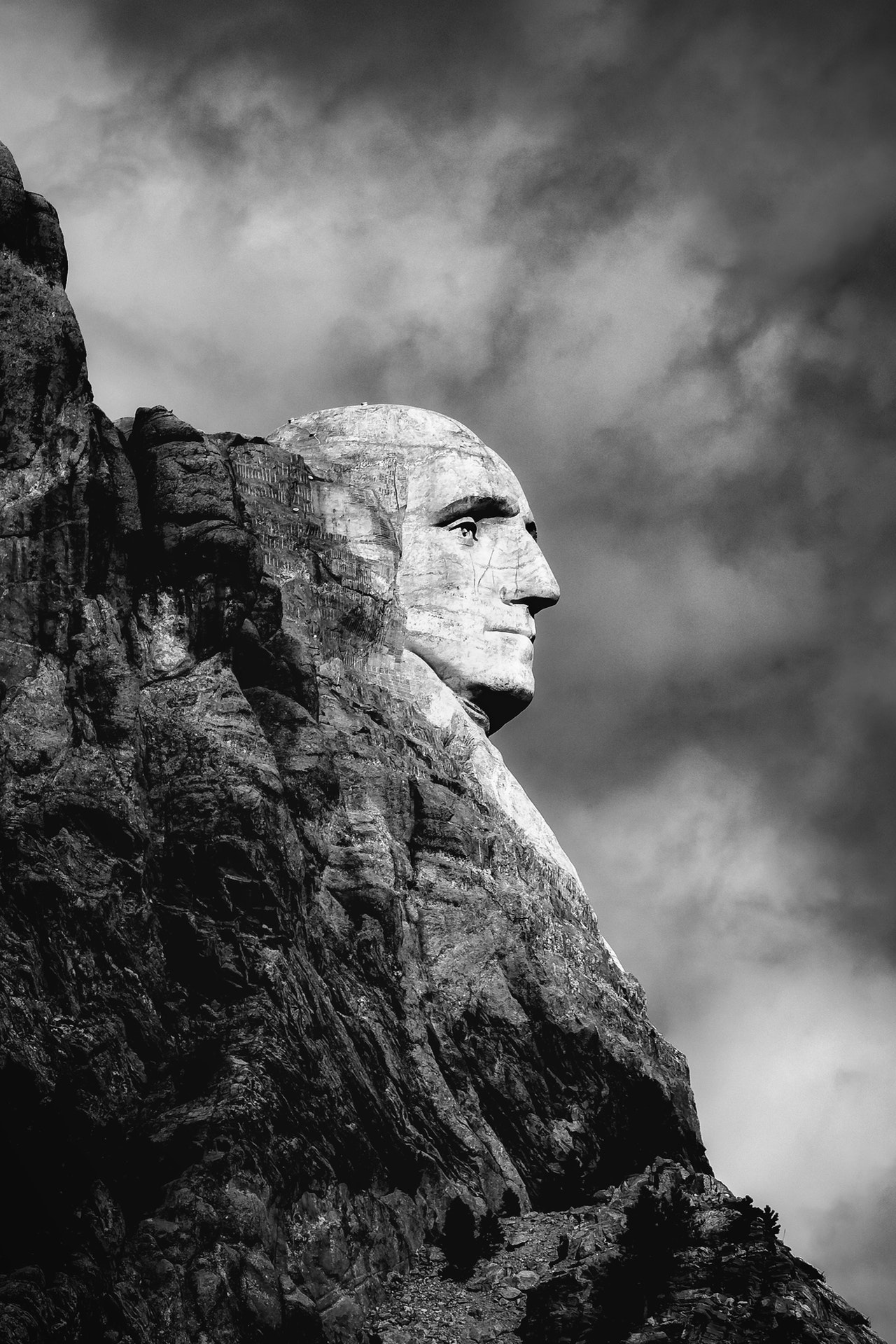With the 4th of July this weekend, I thought I would look back at some of the Founding Fathers and see what estate planning lessons we can learn from them.
George Washington
Arguably the greatest president and greatest American ever, it is well known that George and Martha Washington did not have any natural children. Martha Washington did have two children from a previous relationship, one of whom was raised by the Washingtons, John Parke Custis. (She also had a daughter that passed away at a young age). John Custis also passed away at a young age, leaving a wife and five children.
After George Washington passed away, Mount Vernon passed to his wife, Martha. After Martha passed away, since there were no more natural children, Mount Vernon passed to George Washington’s nephew, Bushrod Washington.
George Washington’s story shows us the importance of continually updating your estate plan. It is reported that George Washington was not impressed with John Custis’ spendthrift habits, so maybe John Custis was never in line to inherit Mount Vernon. But if he was, after he passed away, the plan needs to be updated.
George and Martha could have updated their plan so John’s wife could have lived on the property with the grandkids. Maybe they wanted Bushrod to inherit. Either way, especially in a blended family, it is essential to continually update your estate plan.
Alexander Hamilton
The first Secretary of the Treasury, Lin-Manuel Miranda Alexander Hamilton, immigrated at a young age to the United States. Rising through the military ranks, and eventually serving with George Washington, Alexander Hamilton was probably the most influential non-president of the Founding Fathers. Hamilton did have one bad quality; he liked dueling with people, which ultimately lead to his death.
While dueling is now frowned upon in society (to put it mildly), we still engage in dangerous activities every day. If you are planning a trip or activity that has a greater than average chance of death, you should update your plan.
Even if you are just planning a trip to another county for a while, having a good plan in place will help out your loved ones if there are financial decisions that need to be made.
Benjamin Franklin
The “Greatest President that wasn’t a president,” Franklin was involved with just about every type of business when he was alive. What not many people know is that when Franklin passed away, he left about $4,400 (or about $125,000 in 2018 dollars) in 200-year trusts to the cities of Boston and Philadelphia. But in 1990, the Philadelphia trust had more than $2,000,000, and the Boston trust had more than $5,000,000. Philadelphia decided to use the money on scholarships for students, and Boston used the money to create a trade school.
When our clients create their estate plans, they need to decide what type of legacy they want to leave. Many clients leave money in trusts to charities, schools, and churches that were significant influences in their lives. Some clients wish to preserve money in trust for their children and grandchildren.
The only wrong way to estate plan is not to estate plan at all. Make sure your legacy is preserved.
If you have any questions about estate planning and preserving your legacy, you can book a Strategy Session with our firm HERE.



